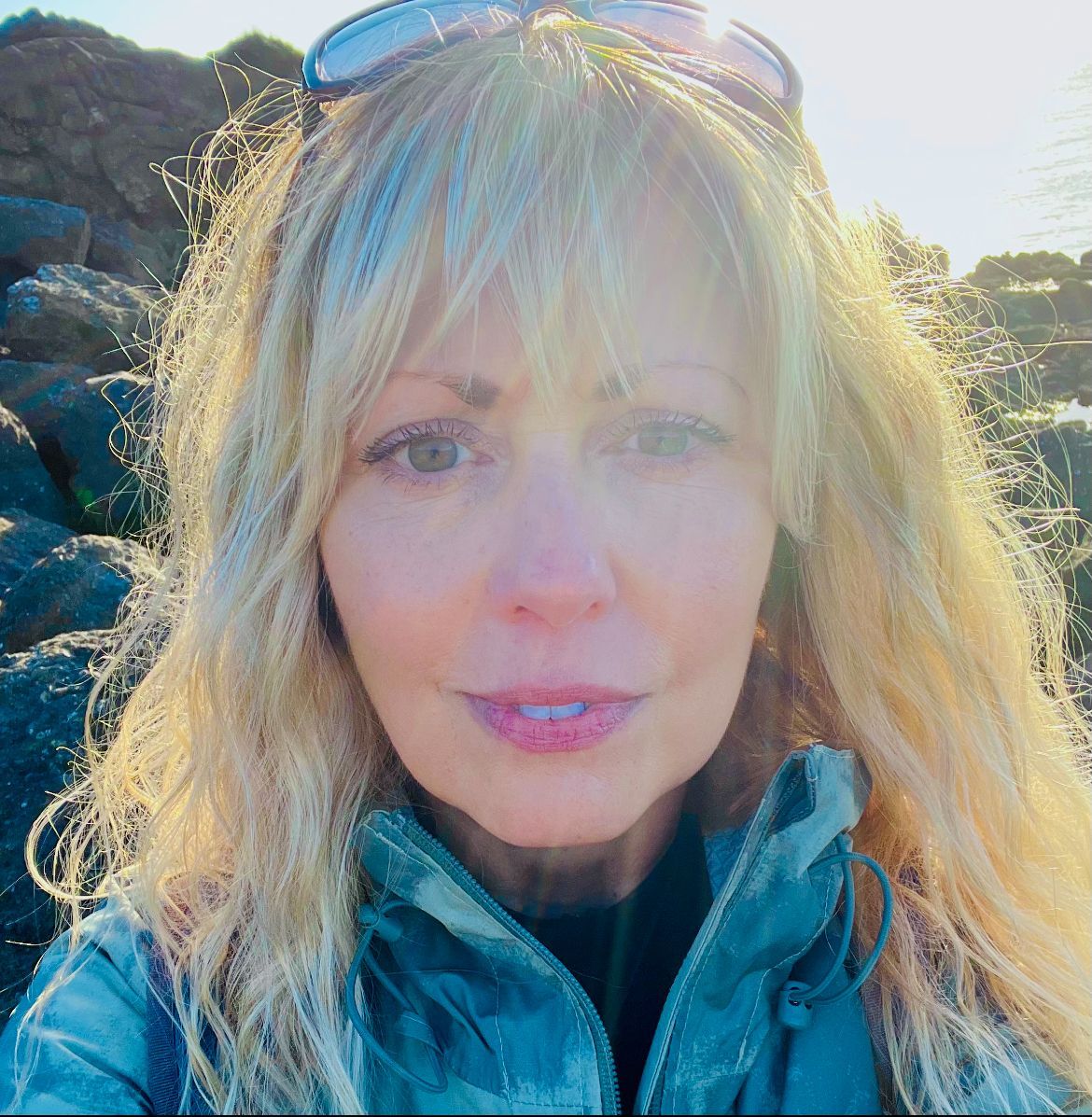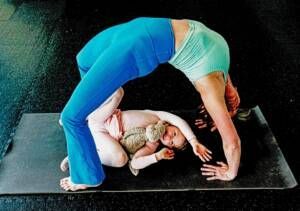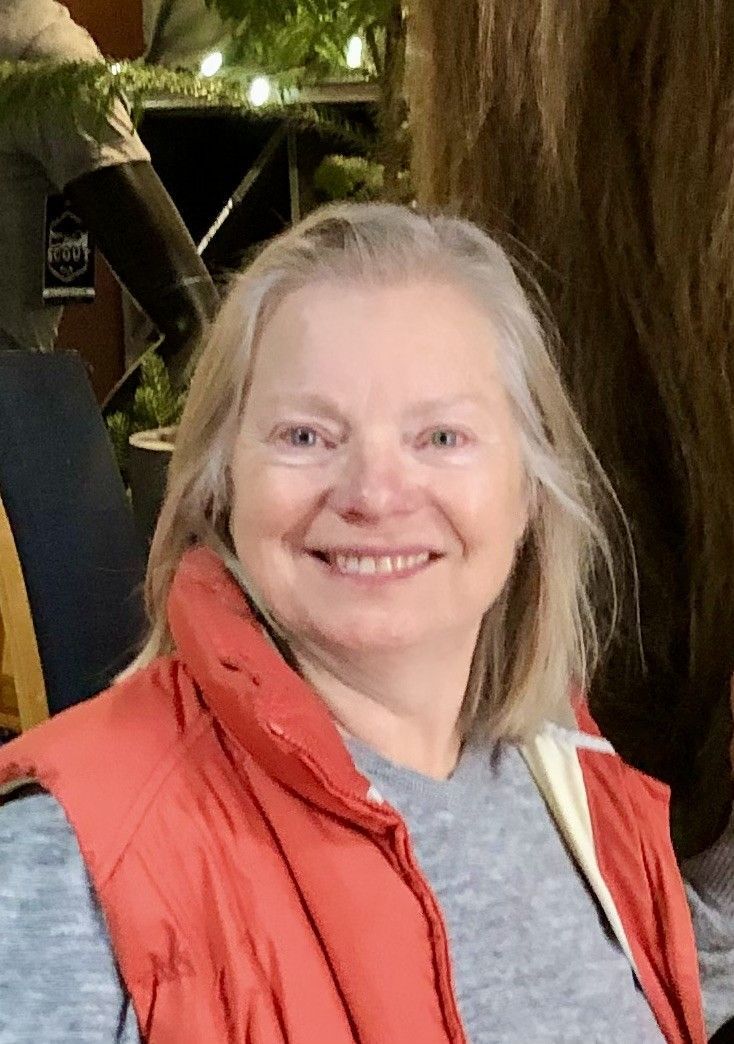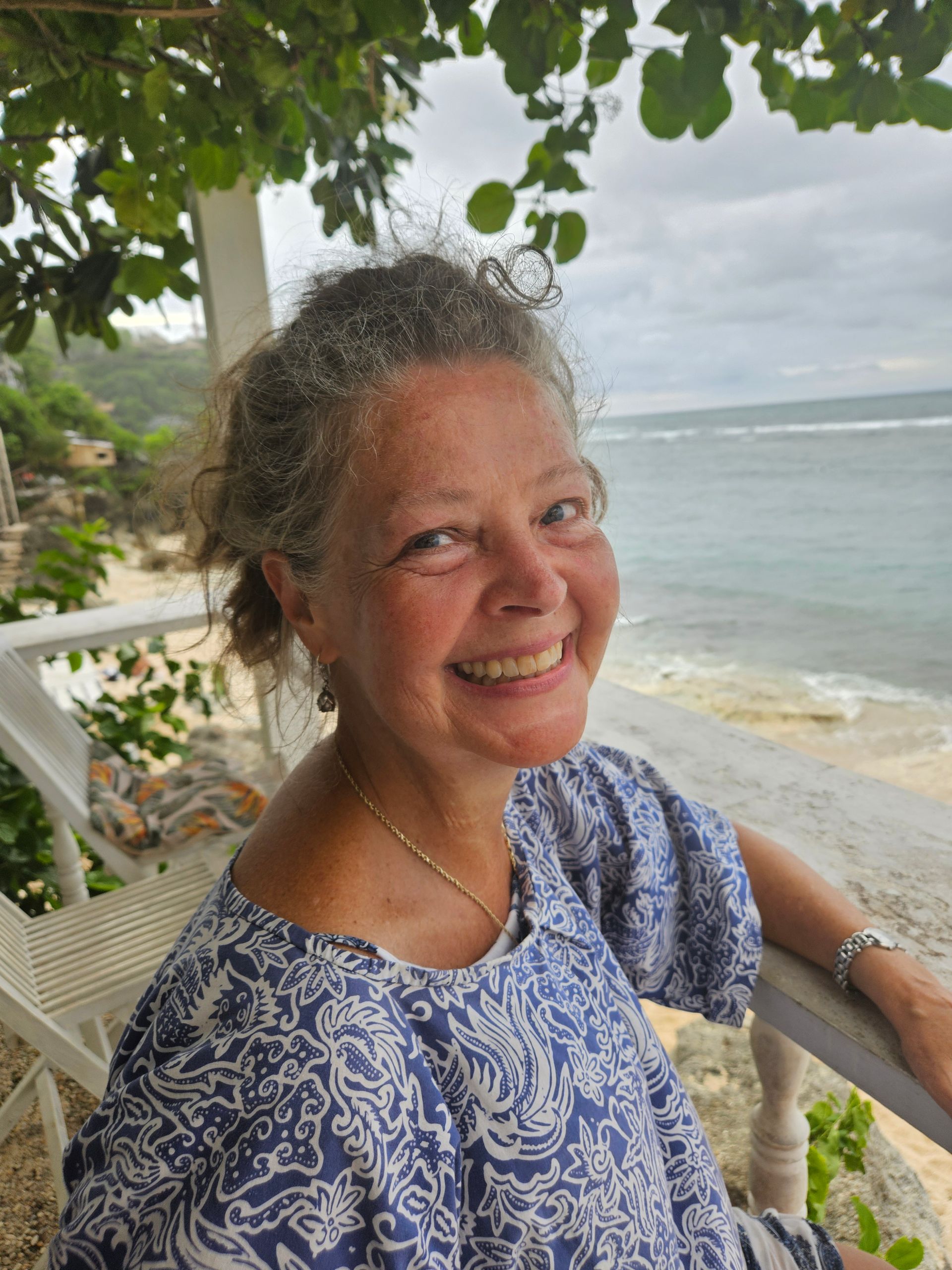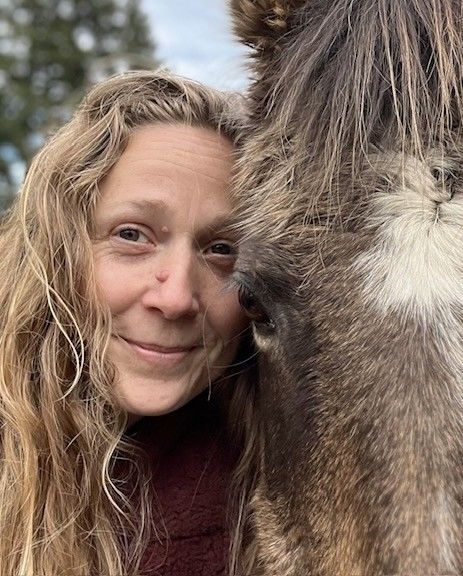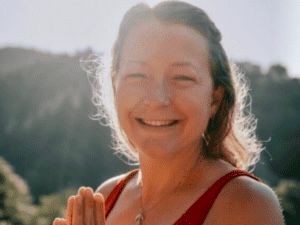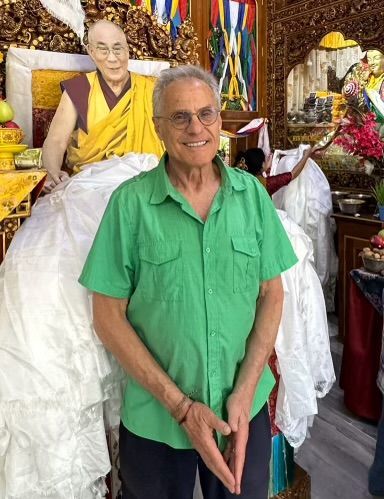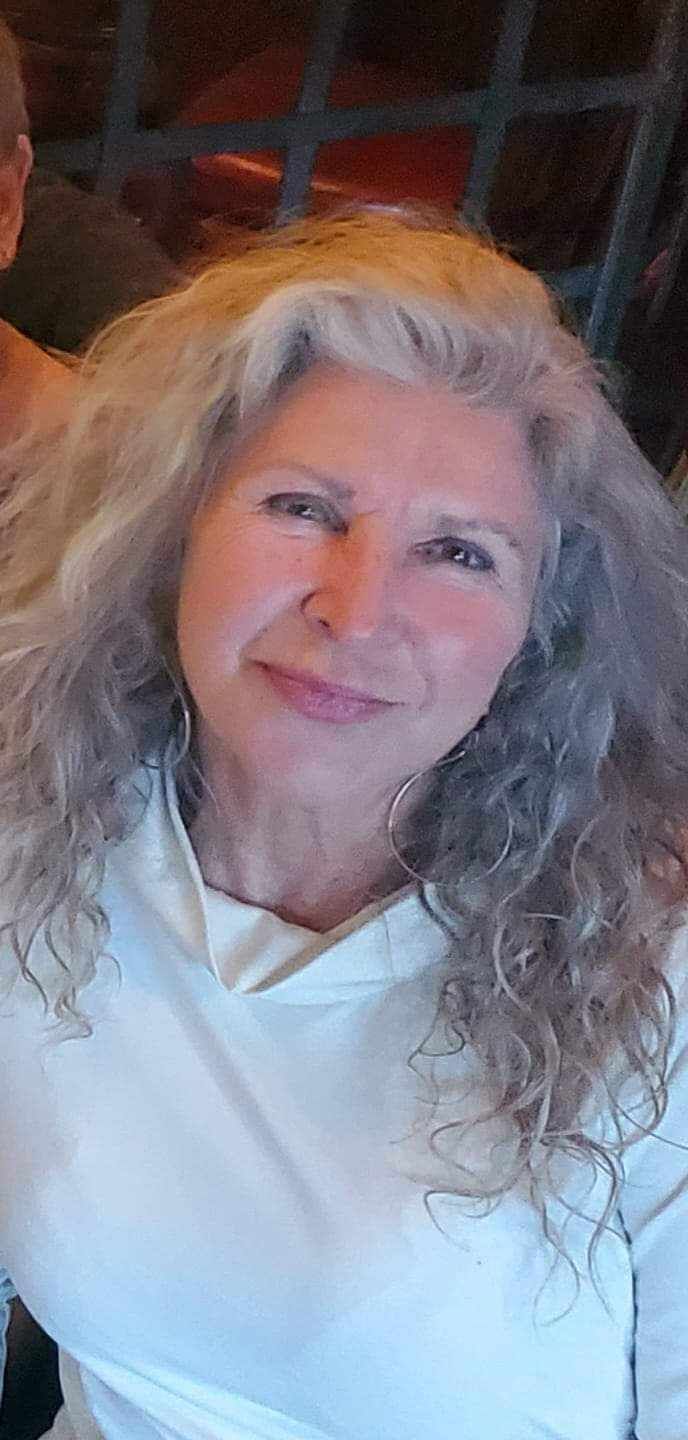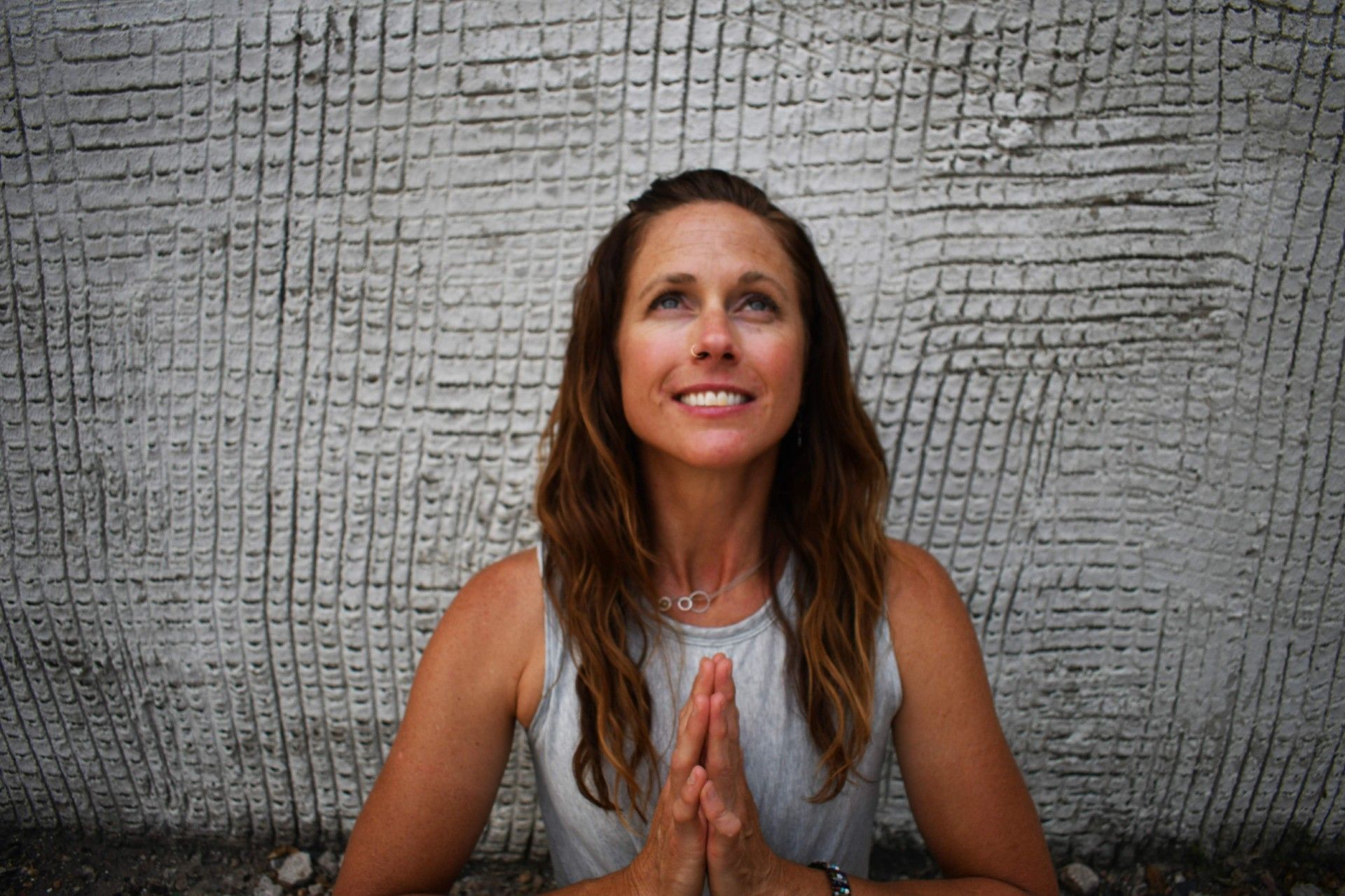New Moon Yoga Studio
New Moon Yoga Studio has offered affordable public yoga classes in Lincoln City for more than 10 years. We hold 1 to 2 classes per day, 7 days per week. Our roster of dedicated, talented instructors have trained in a variety of styles of yoga, and because of this, we are able to offer an array of classes to meet the needs of anyone interested in trying this holistic practice.
Seeking a slower-paced practice? Check out gentle yoga, deeply relaxing restorative yoga, or chair yoga.
Looking to build strength and challenge your body and mind? Give one of the vinyasa classes a try.
Drop-ins are always warmly welcomed; pre-registration for classes is available but not required. The studio accepts credit cards, cash and checks, and is fully stocked with extra yoga mats, blocks and other props to use at no extra cost.
Please see the class schedule and answers to frequently asked questions below. For more information, or to inquire about private yoga sessions, please contact studio manager Brady Jansen at brady@lc-cc.org or 971-303-9646.
Class Schedule (Winter 2026)
Monday
9am Release and Renew (gentle/moderate) with Laura Cranston
11am FREE* Prenatal (and Postnatal) yoga with Brady Jansen (women only)
*Brought to you by Samaritan Health Services
5:30pm Vinyasa Yoga (moderate) with Hannah Smith
Tuesday
9am Yoga Practice (moderate) with Jamie Gilbert
5:30pm Slow Power Flow (moderate/vigorous) with Melissa Caye
Wednesday
9am Hatha Yoga (moderate) with Christina Lafever
12pm Gentle Yoga with Sallie Inman
5:30pm Restorative Yoga (gentle) with Jamie Gilbert
Thursday
9am Morning Vinyasa Yoga (moderate) with Dawn Beyer
Friday
9am Ashtanga-based Vinyasa (moderate/vigorous) with Brady Jansen
6:00pm Community* Vinyasa with Music (Moderate) with Brady Jansen
*this is a pay-what-you-can class. Regular passes may also be used
Saturday
12pm Chair Yoga (gentle) with Sallie Inman
Sunday
9am Sunday Vinyasa (moderate) with Brady/Hannah
Sliding Scale: 10-class package
10-class pass Standard: $110
!0-class pass Reduced: $80 - for anyone requiring a reduced rate
10-class pass Patron: $130 - for yogis who can pay a bit extra from time to time, this maintains the health of our yoga program and lets us provide affordable yoga to the community.
Other Ways to Pay
Drop-in: $15
30-day Unlimited: $120
One week Unlimited (7 days): $35
Payments can be made online or in the studio when you come to class. We accept credit cards, cash, and checks made out to Lincoln City Cultural Center.
Events at New Moon Yoga
In addition to recurring weekly classes, New Moon Yoga regularly hosts special events, including music and sound baths, guided meditation and relaxation, and yoga workshops taught by New Moon instructors and visiting teachers. To see what's coming up and register, click below!
FAQs
Q: Do I need to sign up for class ahead of time?
A: Not necessary! We warmly welcome drop-ins and love it when visitors to Lincoln City join us to practice. Payment can be made when you arrive for class, and the room is usually open about 15 minutes before class begins. You are welcome to reserve your spot by registering online ahead of time, but we have not yet had to turn anyone away due to lack of space. (If this becomes an issue in the future, we'll let you know!)
Q: Where (exactly) are you located?
A: The New Moon Yoga studio is located inside the Lincoln City Cultural Center, and is clearly marked with a large sign. If you enter through the East (rear) doors, which are the most convenient from the parking lot, head left and you will see the studio right away.
Q: Which classes are best for beginners?
A: No prior yoga experience is necessary to attend any of our classes, so beginners should feel encouraged to try any class! Another question might be: "What level of physical exertion are you looking for?" Since we offer classes all along this spectrum, from the very gentle to the rather strenuous, we have tried to help answer this question by adding notations of "gentle/
moderate/vigorous" beside each class on the schedule.
Q: What if I forget my mat?
We have plenty of mats (and blocks, bolsters, blankets, etc.) that you are free to use when here for class. We do ask that you wipe down borrowed mats with the spray and towels provided after class.
Glossary
Ashtanga yoga: Ashtanga (meaning "eight-limbed") is a structured style of vinyasa yoga, founded by Sri K Pattabhi Jois. The emphasis is on pranayama (or breath regulation),and movement with breath. Ashtanga yoga prescribes specific sequences, taking about an hour and a half to complete, to be done 5-6 days per week. (Note: in our ashtanga-based classes, we do not perform these sequences as such, but may incorporate elements from them, and practitioners of Ashtanga Yoga will recognize the style.)
Asana: The Sanskrit word for “posture,” or "pose." You will notice that the Sanskrit names for yoga postures typically end in the suffix -asana. Examples: Uttanasana (forward bend), Dandasana (staff pose), Adho Mukha Svanasana (downward-facing dog), etc.
Drishti: Focused gaze, or the practice of looking at a fixed point during yogic practice. Each yoga posture has a prescribed place to focus the eyes, as the position of the eyes during yoga is as important as the position of every other part of the body.
Hatha yoga: The term "Hatha" (which literally means "sun and moon") is used in a general way to describe yoga involving longer-held postures and a good deal of focus on body alignment. Typically, classes labeled "Hatha" are slower-paced than Vinyasa yoga classes.
Iyengar yoga: Named for BKS Iyengar, a student of Krishnamacharya and contemporary of Sri K Pattabhi Jois (founder of Ashtanga Yoga), Iyengar yoga focuses on physical alignment through precise body alignment and the use of props. Teachers of Iyengar yoga might also use the more generic term "Hatha yoga" to describe the format of their classes.
Namaste:
From the Sanskrit "namas," or "salute." This may be used at the beginning or conclusion of a yoga class. It is a salutation that indicates recognition of the connection between the saluter and the one being saluted, as in "I see you and you see me," or "The light in me recognizes the light in you."
Om (or aum):
More a sound than a word, "Om" represents the vibration of the universe, of being at one with all. It is the sonic representation of the divine (whatever that means to you), the supreme absolute, of consciousness. Chanting "Om" is commonly done as its own meditation, or before and after recitation of a prayer or wish.
Pranayama: The practice of regulating breath. All yoga classes utilize some form of pranayama, such as the dirgha breath (3-part breath: starting from the belly, moving up to the ribs, to the top of the lungs where the collarbones are, and back down again). Vinyasa yoga typically includes ujayii pranayama, translated as "victorious breath," known as sounding breath (friction is created in the back palette to create sound and warmth). There are many other pranayama techniques, and some may be incorporated in our yoga classes for various purposes.
Restorative yoga: A type of yoga that focuses on deep relaxation through long-held (around 5 minutes each) poses fully supported by props such as bolsters, blankets, blocks and/or straps.
Sanskrit: An ancient language from India. Never really a conversational language, Sanskrit was originally a spoken "link language" used by speakers of various languages in South Asia to gather and discuss philosophical concepts (such as how to attain enlightenment.) Thus, Sanskrit is the language of yoga.
Savasana: Translated as "corpse pose," this is the posture of deep relaxation that finishes every yoga session. There is no focus, no breath control, no thought.
Surya Namaskar/ Sun Salutations: a sequence of poses done with the breath, specifically intended to warm the body. Sun Salutes are typically done at the beginning of a vinyasa yoga practice, before postures that involve deeper muscle stretch.
Vinyasa:
translated as "movement with breath." This term is used in a general way to refer to yoga classes that link postures together in a fluid manner. This does not always indicate a quick pace, but vinyasa classes do tend to move more quickly than Hatha classes.
Yoga:
The practice of specific physical poses, breathing techniques, meditation practices, and study of self and philosophy to bring body, mind and spirit together for holistic health.
Yoga nidra: Yogic sleep, a practice that uses deep guided meditation to relax and rejuvenate the body. This practice invokes a state between waking and sleep, wherein the practitioner is still conscious of what is happening around them.
Yin yoga: A slow-paced style of yoga meant to be practiced without warm-up. Postures are held for longer periods of time to enable deep stretching and relaxation, including deep stretching of fascia (ligaments, tendons, etc.) Yin yoga incorporates some aspects of Chinese medicine.

